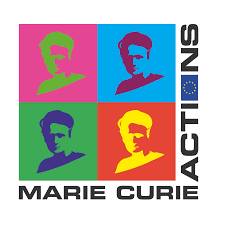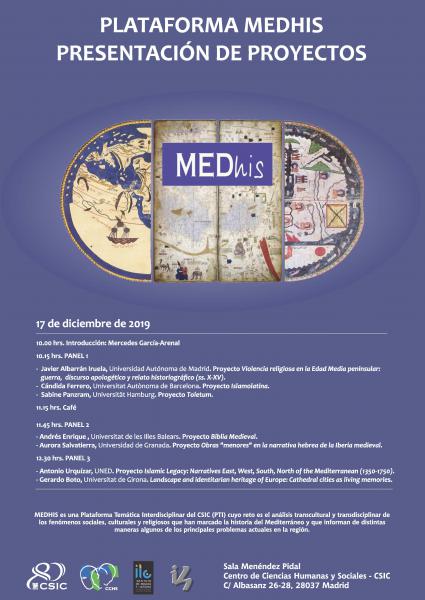
MEDHIS es una Plataforma Temática Interdisciplinar del CSIC (PTI) cuyo reto es el análisis transcultural y transdisciplinar de los fenómenos sociales, culturales y religiosos que han marcado la historia del Mediterráneo y que informan de distintas maneras algunos de los principales problemas actuales en la región.
Para más información:
http://cchs.csic.es/es/event/presentacion-proyectos-plataforma-medhis
Call for Applications: Mary Jaharis Center Grants 2020–2021
by Brandie Ratliff
The Mary Jaharis Center for Byzantine Art and Culture is pleased to announce its 2020–2021 grant competition, including a new grant for archaeological projects. Our grants reflect the Mary Jaharis Center’s commitment to fostering the field of Byzantine studies through the support of graduate students and early career researchers and faculty.
Mary Jaharis Center Dissertation Grants are awarded to advanced graduate students working on Ph.D. dissertations in the field of Byzantine studies broadly conceived. These grants are meant to help defray the costs of research-related expenses, e.g., travel, photography/digital images, microfilm.
Mary Jaharis Center Publication Grants support book-length publications or major articles in the field of Byzantine studies broadly conceived. Grants are aimed at early career academics. Preference will be given to postdocs and assistant professors, though applications from non-tenure track faculty and associate and full professors will be considered. We encourage the submission of first-book projects.
Mary Jaharis Center Project Grants support discrete and highly focused professional projects aimed at the conservation, preservation, and documentation of Byzantine archaeological sites and monuments dated from 300 CE to 1500 CE primarily in Greece and Turkey. Projects may be small stand-alone projects or discrete components of larger projects. Eligible projects might include archeological investigation, excavation, or survey; documentation, recovery, and analysis of at risk materials (e.g., architecture, mosaics, paintings in situ); and preservation (i.e., preventive measures, e.g., shelters, fences, walkways, water management) or conservation (i.e., physical hands-on treatments) of sites, buildings, or objects.
The application deadline for all grants is February 1, 2020. For further information, please see https://maryjahariscenter.org/grants.
Contact Brandie Ratliff (mjcbac@hchc.edu), Director, Mary Jaharis Center, with any questions.
As a University of Excellence, Universität Hamburg is one of the strongest research universities in Germany. As a flagship university in the greater Hamburg region, it nurtures innovative, cooperative contacts to partners within and outside academia. It also provides and promotes sustainable education, knowledge, and knowledge exchange locally, nationally, and internationally.
The Center for Advanced Study “RomanIslam. Center for Comparative Empire and Transcultural Studies” funded by the German Research Foundation (DFG), invites applications for Resident fellowships (Post Doc) (starting in the year 2020, duration between 1 and 12 months)
The Center for Advanced Study brings together scholars from a wide range of disciplines working on Romanization and Islamication in Late Antiquity with a focus but not exclusively on the Iberian Peninsula and North Africa during the first millennium CE. The overall aim of the Center is to explore new approaches to Romanization and Islamication in this period and to set the scholarly debate in the field on a new footing. The first year theme is ‘How to Govern? Administrative Divisions and Structure’.
Fellowships are available for scholars at all stages of their academic career who have completed their doctoral degree and established an independent research profile. Applicants should be engaged in a research project in any relevant discipline that is related to the Center’s interests in Romanization and Islamication in the period and area in question. The Center also welcomes applications from scholars working on comparative empire and transcultural studies in a broader historical (or contemporary) perspective whose research has a strong focus on theoretical and methodological issues.
Fellows are required to reside in Hamburg, where they pursue their own research project while also participating in the colloquia held at the Center. For the duration of their stay fellows receive a remuneration covering accommodation, travel, and/or living expenses in accordance with their needs and the pertinent regulations of Hamburg University and the DFG.
Applications should include a CV, a research proposal for the project pursued at Hamburg, including the project’s relation to the topic (2000 words), and an indication of the months the applicant wants to spend at the Center and the kind of financial support they require. All materials should be sent in a single pdf document to katharina.mewes@uni-hamburg.de by December 31, 2019.
Should you have any questions pertaining to the details of the fellowship program or the application, please contact the organizers: Sabine Panzram (sabine.panzram@uni-hamburg.de) and Stefan Heidemann (stefan.heidemann@uni-hamburg.de).
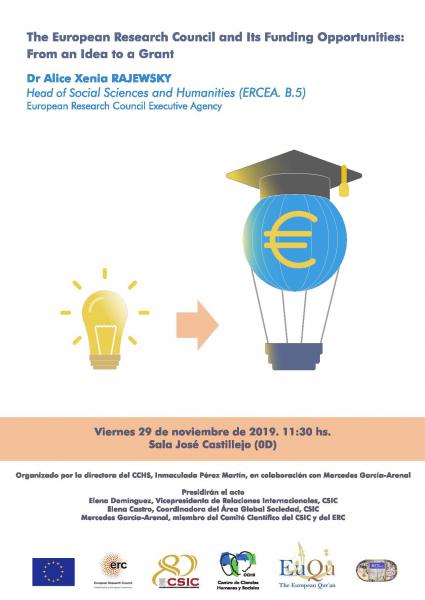
"The European Research Council and Its Funding Opportunities: From an Idea to a Grant"
Dr Alice Xenia RAJEWSKY
Head of Social Sciences and Humanities (ERCEA. B.5)
European Research Council Executive Agency
Viernes 29 de noviembre de 2019. 11 :30 hs.
Sala José Castilleio (OD)
CCHS-CSIC
C/ Albasanz 26-28
28037 Madrid
Organizado por la directora del CCHS, Inmaculada Pérez Martín, en colaboración con Mercedes García-Arenal
Presidirán el acto
Elena Domínguez, Vicepresidenta de R, elaciones Internacionales, CSIC
Elena Castro, Coordinadora del Area Global Sociedad, CSIC
Mercedes García-Arenal, miembro del Comité Científico del CSIC y del ERC
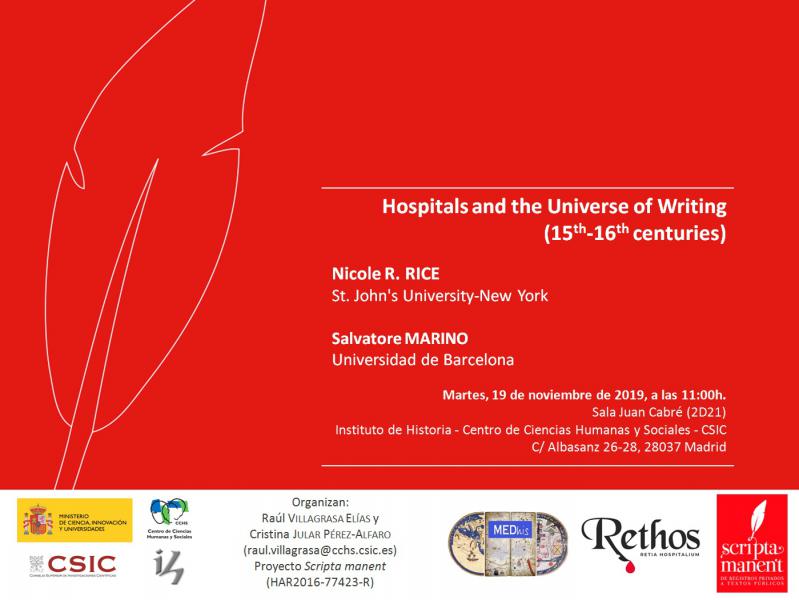 Hospitals and the Universe of Writing (15th-16th centuries)
Hospitals and the Universe of Writing (15th-16th centuries)
Nicole R. Rice (St. John’s University-New York) y Salvatore Marino (Universidad de Barcelona)
Martes, 19 de noviembre de 2019, a las 11:00 h.
Sala Juan Cabré (2D21) Instituto de Historia – CCHS-CSIC
Seminario en el marco del proyecto Scripta manent II. Conservar para dominar: el archivo nobiliario de los Velasco (HAR2016-77423-R).
Organizan: Raúl Villagrasa Elías y Cristina Jular Pérez-Alfaro (IH-CCHS-CSIC)
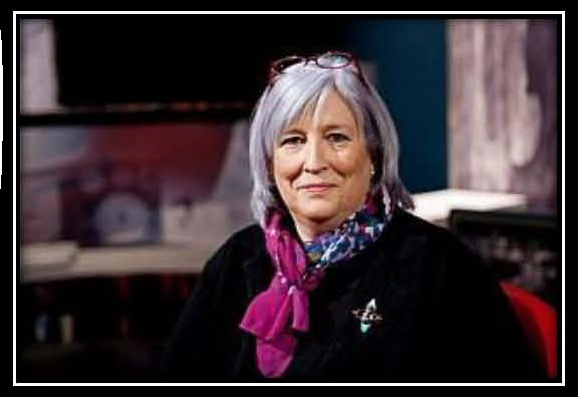
Middle East Medievalists Lifetime Achievement Award in Recognition of Prof. Fierro’s Scholarship
By Mohamad Ballan
Maribel Fierro received her Ph.D. in Semitic Philology at the University Complutense Madrid in 1985. She is a research professor at the Institute of Languages and Cultures of the Mediterranean and the Near East of the Spanish National Research Council (CSIC) in Madrid. She has also taught at Stanford University (2002), The University of Chicago (2011), Freie Universität Berlin (MA Intellectual Encounters of the Islamicate World) and Universidad Autónoma Madrid, and has been Directeur dʼétudes at the École des Hautes Études en Sciences Sociales (1998, 2012). She was a visiting scholar at Harvard Law School (2017), Institute for Advanced Study, Princeton (2015, 1994-5) and Institute for Advanced Studies of The Hebrew University of Jerusalem (1999-2000).
Maribel Fierro has rightly been recognized as one of the leading voices in Islamic Studies today. Her rigorous scholarship, numerous publications, admirable service to the profession, as well as her dedication to teaching and advising students across a variety of disciplines have greatly contributed to the emergence of Andalusi and North African Studies as distinct (and thriving) fields of intellectual inquiry. Over the course of her career, Maribel Fierro has worked and published on numerous topics, including the political, religious and intellectual history of al-Andalus and the Islamic West, Islamic law, the construction of orthodoxy and heresy, and violence and its representation in medieval Arabic sources. Among her most significant recent publications are The Almohad revolution: Politics and Religion in the Islamic West during the Twelfth-Thirteenth Centuries (2012) and Abderramán III y el califato omeya de Córdoba (2011), as well as numerous articles on a wide range of subjects. Maribel Fierro’s exemplary and original work has fundamentally reshaped our understanding of the medieval Islamic West, particularly during the 8th–13th centuries. By examining the social history of the Islamic world alongside its intellectual and political history, and the history of al-Andalus alongside that of North Africa and the Mashriq, Maribel Fierro’s work illustrates the value of working across disciplines, regions and languages. Her scholarship, which is remarkable for both its breadth and engagement with a diverse range of intellectual and linguistic traditions, is distinguished by her incomparable command over numerous bodies of sources, ranging from legal collections of responsa to historical chronicles and philosophical texts. The numerous projects that she has directed—which include Knowledge, Heresy and Political Culture of the Islamic West (2009–2014), Practicing Knowledge in Islamic Societies and their Neighbors (Anneliese Maier Award 2014, Alexander von Humboldt Foundation) and, Local Contexts and Global Dynamics: al-Andalus and the Maghreb in the Islamic East (with Mayte Penelas, financed by the Spanish MINECO)—reflect this commitment to interdisciplinarity.
Maribel Fierro’s most recent project—Contextos locales y dinámicas globales: al-Andalus y el Magreb en el Oriente islámico (AMOI)—is particularly promising and illustrates her larger intellectual project of bringing the study of the Islamic West into conversation with intellectual, social, religious and political developments in the Central Islamic Lands. The project seeks to study how, when and why knowledge produced in the Islamic West spread to other Islamic lands. It brings together a research team made up of members specialized in religion, law, literature and historiography to explore the significance of Andalusi and Maghribi contribution to intellectual developments across the Islamic world. This project, like many initiatives in which Maribel Fierro has been involved, reflects her commitment to promoting scholarly collaboration, intellectual rigor and interdisciplinary approaches to the past, all of which have played a pivotal role in transforming the study of the Islamic West into a major field of intellectual inquiry in both Europe and North America over the past three decades.
El Corán europeo
el 24 octurbre 219
Contratiempo: historia y memoria, programa de Radio Círculo de Bellas Artes, entrevista a Mercedes García Arenal, investigadora del CSIC, acerca del proyecto europeo que coordina, «El Corán europeo», que ha obtenido una de las prestigiosas Synergy Grants del European Research Council para estudiar la influencia del libro sagrado del islam en la cultura y el pensamiento europeos
http://www.alandalusylahistoria.com/?p=1542
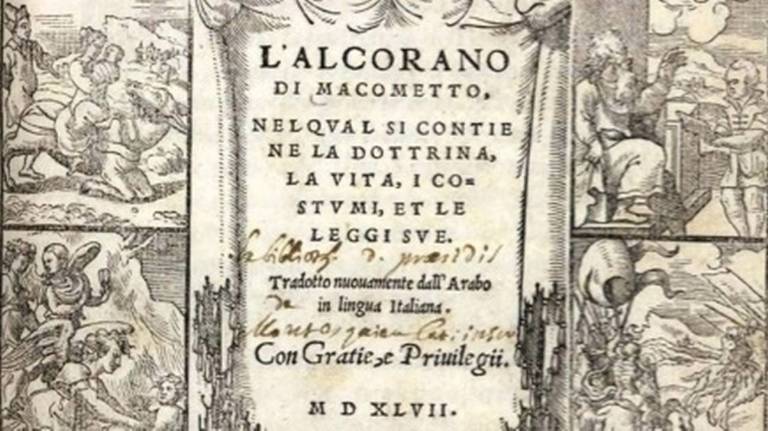
La campaña de comunicación Las científicas cuentan, desarrollada entre abril de 2018 y marzo de 2019, y coordinada por la Delegación del Consejo Superior de Investigaciones Científicas (CSIC) en Bruselas, ha sido elegida como ejemplo de buena práctica comunicativa por la unidad de comunicación de la Agencia Ejecutiva del European Research Council (Consejo Europeo de Investigación).
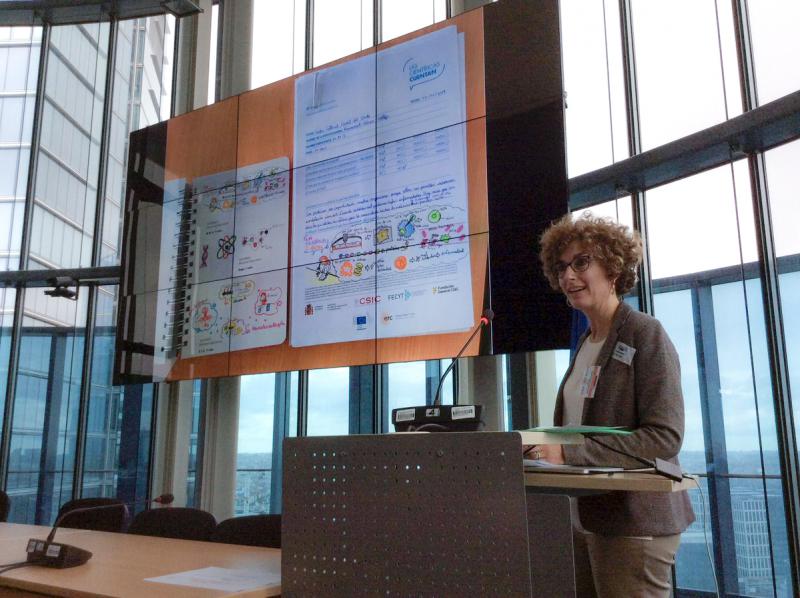
Applications are invited for a postdoctoral fellowship at Silsila:
Center for Material Histories, New York University. The Center fosters interdisciplinary scholarship on material histories of the pre- and early modern Islamicate world, broadly conceived. It supports research on transcultural and transregional phenomena that contributes to a reimagining of current disciplinary boundaries, chronologies, and epistemic paradigms.
The successful candidate will be expected to contribute actively to Center seminars and events, to liaise with other university departments and Centers, to assist with program planning in collaboration with the director, and to work with an administrative aide to help organize, advertise and host events. They will also be expected to teach one course per semester, either a survey or an advanced course in their subject area. The appointment will run from September 1st 2020 to August 31st 2021 with the possibility of a one-year renewal, pending budgetary and administrative approval.
Qualifications
Applicants should have a PhD in hand, relevant language skills, and proven research interests in the art, architecture or material culture of Islamicate societies before 1500. Candidates must have completed their Ph.D. no earlier than September 1, 2015. Review of applications will begin on November 25th and continue until the position is filled.
Application Instructions
Please apply online through Interfolio: apply.interfolio.com/70001 with a cover letter to the search committee that describes your research and teaching interests, a resume or curriculum vitae, the names of three references and a statement on your approach to diversity and inclusion. Diversity is an important part of the NYU mission and we ask that you address how diversity and inclusion factor into past and present teaching, research, and/or community engagement, as well as how you would bring issues of diversity to bear on teaching and programming at NYU. For more information, please see here.
For questions regarding the application, contact Shavanna Calder, sc1886@nyu.edu.
The Faculty of Arts and Science at NYU is at the heart of a leading research university that spans the globe. We seek scholars of the highest caliber who embody the diversity of the United States as well as the global society in which we live. We strongly encourage applications from women, racial and ethnic minorities, and other individuals who are under-represented in the profession, across color, creed, race, ethnic and national origin, physical ability, gender and sexual identity, or any other legally protected basis. NYU affirms the value of differing perspectives on the world as we strive to build the strongest possible university with the widest reach. To learn more about the FAS commitment to diversity, equality and inclusion, please read here: http://as.nyu.edu/departments/facultydiversity.html.
EOE/Affirmative Action/Minorities/Females/Vet/Disabled/Sexual/Orientation/Gender Identity.
ASSISTANT PROFESSOR, MEDIEVAL HISTORY: The Department of History at Fordham University solicits applications for a full-time, tenure-track position at the rank of assistant professor in the history of high or late medieval Europe (ca. 1200-1500 CE) with an emphasis on gender and social history. The successful applicant will participate actively in Fordham University’s interdisciplinary Center for Medieval Studies. Applications should include a CV, three letters of recommendation, a writing sample of article length, and a teaching portfolio (with sample syllabi and a teaching statement). Candidates should submit applications to apply.interfolio.com/68795 by 15 November 2019. At Fordham, we firmly believe that cultural and intellectual diversity is central to the excellence of our academic program and our institutional vitality; we welcome applications from people of all backgrounds. Women, people of color, veterans, and people with disabilities are especially encouraged to apply. Questions should be directed to the Chair of the Search Committee, Prof. Scott G. Bruce, at sbruce3@fordham.edu. Fordham is an independent, Catholic University in a Jesuit tradition that welcomes applications from all backgrounds. Fordham is an equal opportunity employer.

